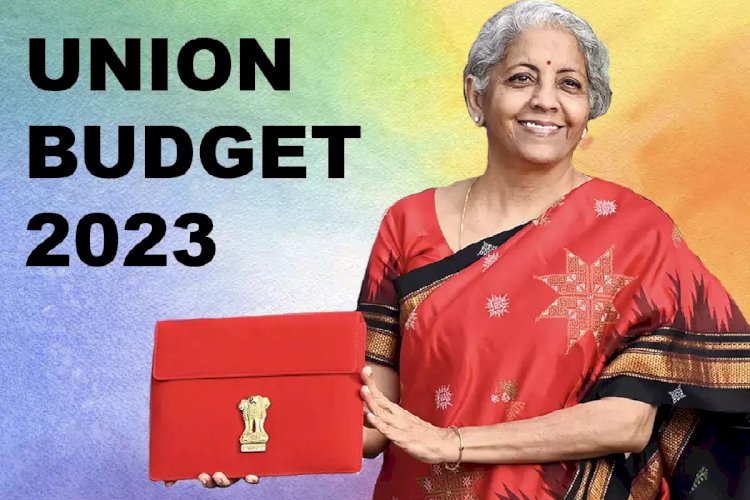

Our designers stay ahead of the curve to provide engaging and user friendly website designs to make.Our designers stay ahead of the curve to provide engaging and user friendly website designs to make.Our designers stay ahead of the curve to provide engaging and user friendly website designs to make.

[ad_1]

Union Finance Minister Nirmala Sitharaman extended the deadline for startups to incorporate in order to qualify for income tax breaks to March 31, 2024 on Wednesday. Until now, the tax break was available to startups formed until March 2023. Sitharaman announced a similar extension to the startup tax holiday policy in Budget 2022, which will apply to startups founded after 2017.
The Finance Minister stated during her Budget 2023-24 speech in Parliament, “I propose extending the date of incorporation for start-ups seeking income tax benefits from 31.03.23 to 31.3.24. I also propose extending the benefit of carrying forward losses on changes in shareholding of start-ups from seven to ten years after incorporation.”
Sitharaman stated that entrepreneurship is critical for a country’s economic development and that the government has implemented a number of start-up initiatives that have yielded results. India is now the world’s third-largest startup ecosystem and ranks second in innovation quality among middle-income countries.
In Budget 2020-21, the government announced a 48-month delay in taxation on employee stock option plans (ESOPS), as well as a three-year tax holiday anytime in the first ten years, rather than the first seven years previously.
Startups are eligible for a 100 percent tax break on profits made for three consecutive years out of the first ten years after incorporation, provided their annual turnover does not exceed Rs 25 crore in any fiscal year.
In response to the Budget announcements, Jatin Kanabar, Partner at Deloitte India, stated that the Budget provides incentives for startups and the MSME sector.
“The budget increased the benefit of loss carryover from seven to ten years. This would also assist startups in protecting against the lapse of losses at the end of the seventh year, as they would have an extra three years to protect against the lapse of losses. It is important to note that startups take time to become profitable, so extending the carry forward period from 7 to 10 years will benefit them “He went on to say.
India ranks highly in information technology and other technologies. Startups are significant contributors to India’s GDP and its progress toward the Centre’s goal of achieving a $5 trillion economy.
In this regard, the government has taken significant steps to boost the sector’s growth. The government launched the Startup India initiative on January 16, 2016, with the goal of encouraging entrepreneurship and promoting innovation by creating an ecosystem that supports the growth of aspiring entrepreneurs.
Until November 2022, over 84,000 startups have registered with the Department for Promotion of Industry and Internal Trade (DPIIT). These startups are eligible for certain tax breaks, including income tax breaks announced as part of the Startup India initiative.
The government established the Fund of Funds for Startups (FFS) and the Startup India Seed Fund Scheme (SISFS) under Startup India to provide capital at various stages of a startup’s business cycle.
In April 2021, the Rs 945-crore Startup India Seed Fund Scheme (SISFS) was launched. SISFS seeks to assist startups with proof-of-concept, prototype development, product trials, market-entry, and commercialization.
The allocation for the Startup India program was increased to Rs 50 crore for 2022-23 from the Revised Estimate of Rs 32.83 crore announced in 2021-22, according to Budget documents.
In the previous budget, the government allocated Rs 283.5 crore for the SISFS, which was higher than the revised estimate of around Rs 100 crore in the previous budget for 2021-22. Last year’s budget included Rs 1,000 crore for the Fund of Funds for Startups (FFS), which was established with a corpus of Rs 10,000 crore.
[ad_2]
Source link